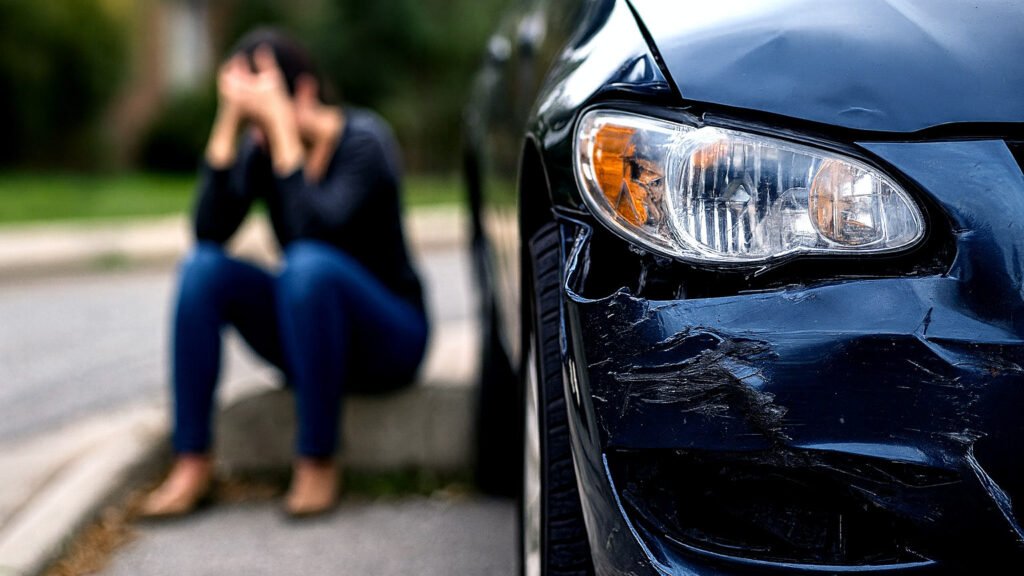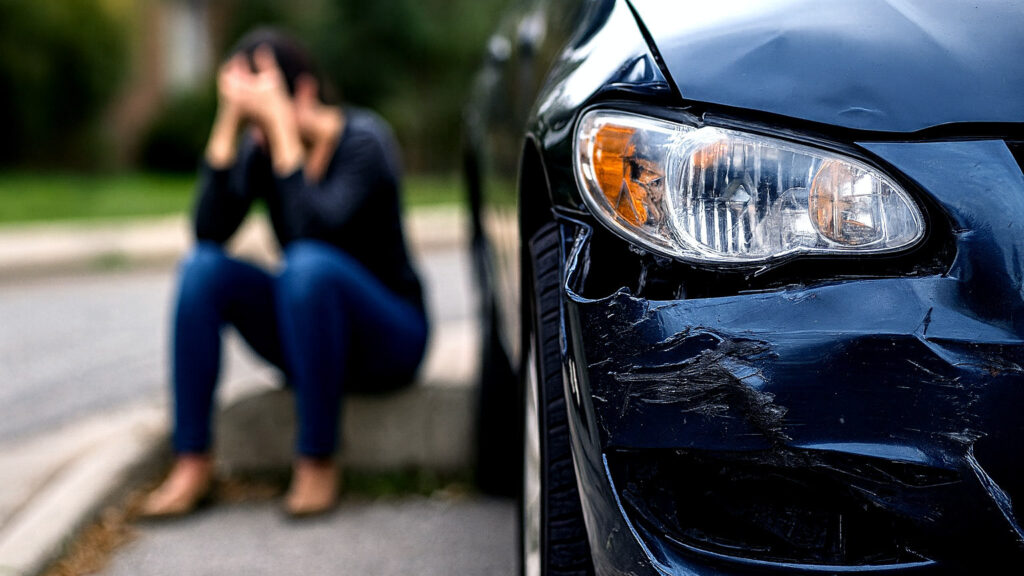

- Arkansas jury finds State Farm shorted 37,000 drivers using unfair valuation software.
- Lawsuits in at least 19 states could force insurers to rethink total-loss calculations.
- State Farm denies wrongdoing, says customers can contest payouts with appraisals.
Insurance companies can sometimes come in and save the day at the worst times. Often, though, policyholders complain about long wait times, poor customer service, and payouts that seem far too low. According to a recent jury decision in Arkansas, that’s exactly what happened to tens of thousands of State Farm customers, and the case could have ripple effects across the nation.
Rose Chadwick led the class action lawsuit after State Farm declared her 2011 Hyundai a total loss. Chadwick assumed the reimbursement was fair until she learned that State Farm was using software that factored in ‘haggling discounts.’ In other words, the system assumed that the customer could negotiate a lower price from a dealer to replace the car, even though used car dealers rarely leave room for bargaining.
More: Chinese Buyers Say They’re Finding Insurance On Cars They Haven’t Even Bought Yet
Chadwick’s attorneys argued the practice systematically undervalued total-loss vehicles. A jury agreed, finding she had been shorted by roughly $600 on her car, worth $4,700. In all, the verdict covers more than 37,000 policyholders in Arkansas, and lawyers are pursuing similar cases in at least 19 other states now.
State Farm’s Response
For its part, State Farm insists it acted within the rules, but has since stopped using the aforementioned software. “State Farm always seeks to pay what we owe within the terms of the policy to help our customers recover from a loss,” the company said in a statement to CBS. It added that customers can contest valuations with third-party appraisals or provide additional information to support their case.
The issue now is whether these claims should be decided case by case or whether broad class action suits like the Arkansas case can proceed. Courts around the country have split on that question, leaving insurers, attorneys, and regulators in limbo. For Chadwick, though, the fight wasn’t just about the money. “That’s what I pay them for, is to be fair with me,” she said.
Potential Industry Shake-Up
With billions of dollars in payouts tied to these valuation systems, the Arkansas verdict could open the floodgates for drivers who feel their totaled car wasn’t valued fairly. And if other juries follow the same reasoning, insurers across the industry might be forced to rethink how they calculate what your car is worth.
Credit: State Farm


